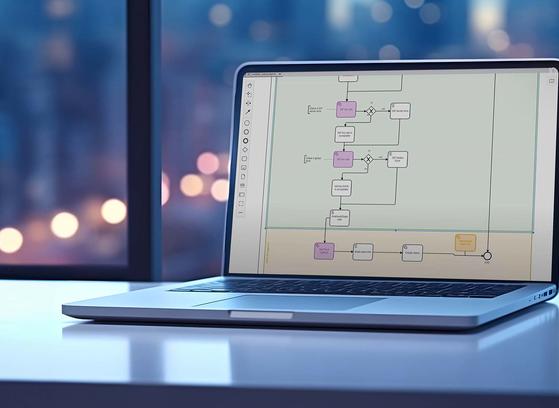Spring has fully arrived in Nice and I must admit that prior to the annual TMF Live! event, I took some time to enjoy the city on the weekend, which, among other things, involved a bit of shopping. As you know, all the pricing of goods includes the VAT — Value-added Tax. As a Canadian, I'm used to taxes, but I couldn't help but smile at the term's implication that this tax was somehow adding value. That's not its point, but I imagined my eight-year-old asking me what value the tax adds?
The Interoperability Tax
That got me thinking of other taxes, in particular those that are hidden, and that's when during the keynotes a fantastic term was mentioned: the “interoperability tax”! Now there's a tax that everyone in the telecommunications industry pays and I'm not sure how much value it delivers.
Clearly there is some value to having choice. Choice in equipment suppliers, services, software — including open-source — is valuable, but that choice comes with a sometimes-hefty tax — that interoperability tax. Every CSP knows they already pay a significant amount toward this tax and I had to wonder if, given the rapid innovation in the industry, this tax is in fact going up? Clearly the software-defined nature of the industry's future is meant to optimize, accelerate and otherwise make the entire operational environment more plug-and-play, but given the enormous amount of choice, I must wonder if it's more plug-and-pay.
Hence the focus on standards, which the TM Forum has been defining in every aspect of business and operational processes in telecommunications for years. But standards must not only exist — they must be practical and well adopted (which presumes, easily adopted). At Infovista, we've invested heavily in being able to normalize functions across multiple equipment types, models, permutations and it seems clear that this is only going to accelerate. I'm happy there are solutions to some of those interoperability issues within the service assurance space, but I can't help but wish the problem was less pervasive.
Ego-centric to Eco-centric
The other poignant phrase that rattled around in my mind came from Nik Willetts keynote, where he suggested the industry must move from ego-centric to eco-centric. My first reaction was, ‘that sounds silly' but as I pondered it further, I began to consider the innocent history of telco; nationalist utilities. That's the origin of much of this industry: Nationally-owned, operated and regulated utilities that have evolved over time.
But these roots imposed a significant trait upon the mass of CSPs operating today, which is inter-operator silos. It's only natural that such an environment spawned a very internal-looking culture. Then, with a single application — voice — standardized touchpoints and signaling were setup to allow that single app to work across operators. Now, however, its multiple applications of varied nature built over stochastic delivery mechanisms that must breach these well-established silos. That evolution is difficult, especially given that many of those regulations that are in part responsible for these silos, still exist.
Once again, the requirement to have well-adopted standards to break these silos is needed. This is an area the MEF has been working on with its Lifecycle Service Orchestration, not to mention TM Forum's own Open APIs. We'll have to see how quickly these are adopted and ingrained. Ultimately, as a software supplier, we must also look at decoupling the various functions of service assurance to achieve a much more SOA-based environment, where operators can choose to use some functions, but not necessitate using them all.
The Rise of Open Source (in telco)
Another insidious topic at this years' event is that of open source. You may presume a software supplier is fundamentally against such terminology. Which leads me to Shahar Steiff's remark that open source is an “overrated necessity” — sounds like a rallying cry for commercial software suppliers, but there is an important nuance. Open source is about securing adoption for a functional method, as well as pragmatically and potentially rapidly testing and evolving that method. But ultimately, it is not an end unto itself.
As one speaker, rhetorically questioned “Do you want to debug Open Stack?” An individual CSP doesn't have the time or perhaps the skills to do so (with a few exceptions). This speaker went on to suggest that having standards, coupled with open source, enable choice. For example, Open Stack has several commercial distributions because there is value to managing, deploying, operating and extending or debugging the code. Thus, open source is incredibly helpful in terms of testing standards and encouraging adoption of those standards, as that adoption is the key to unlocking the value of a standard that can enable choice, eliminate artificial silos and ultimately reduce and perhaps even one day removing the interoperability tax.










